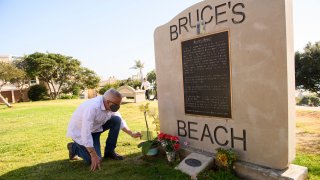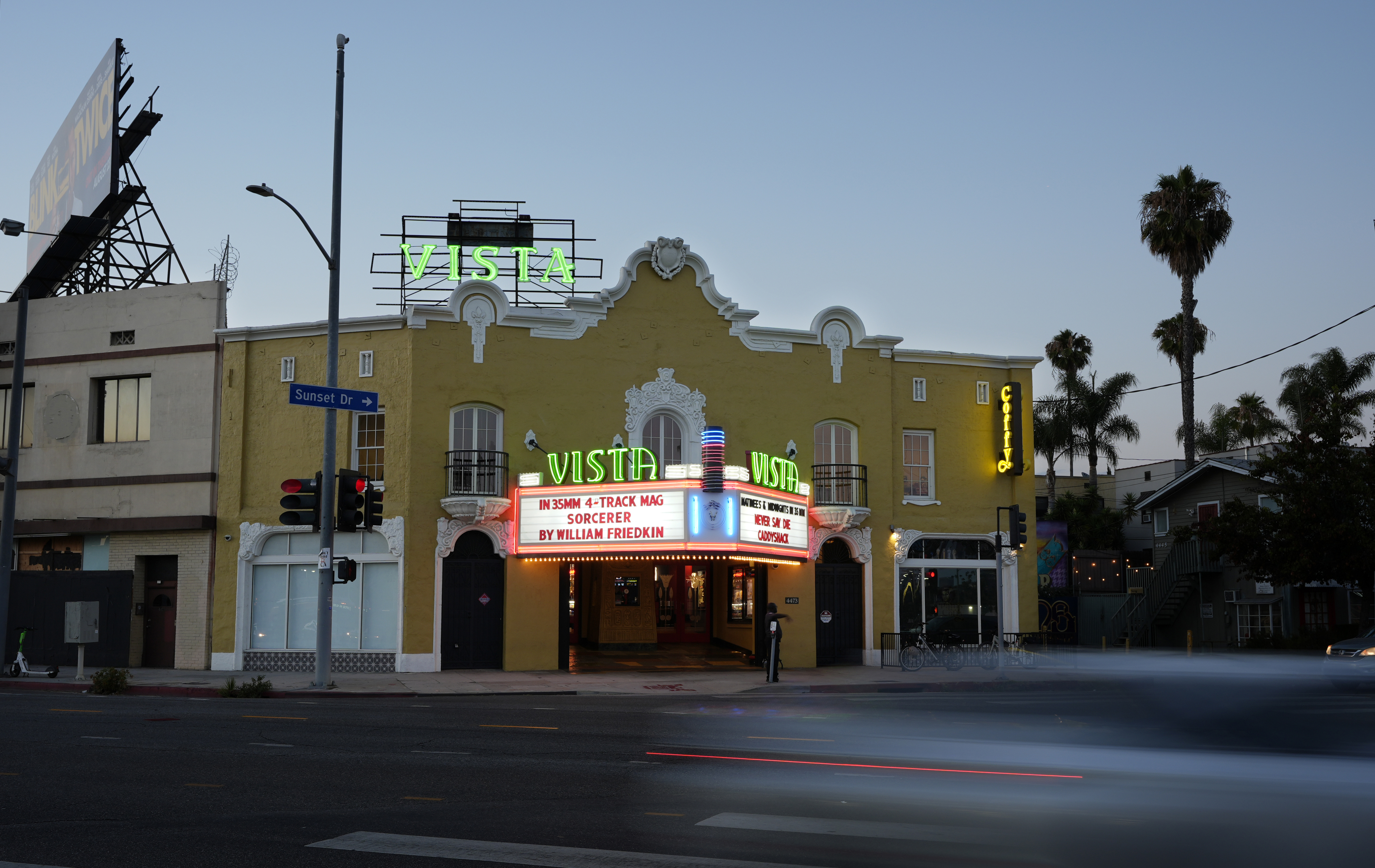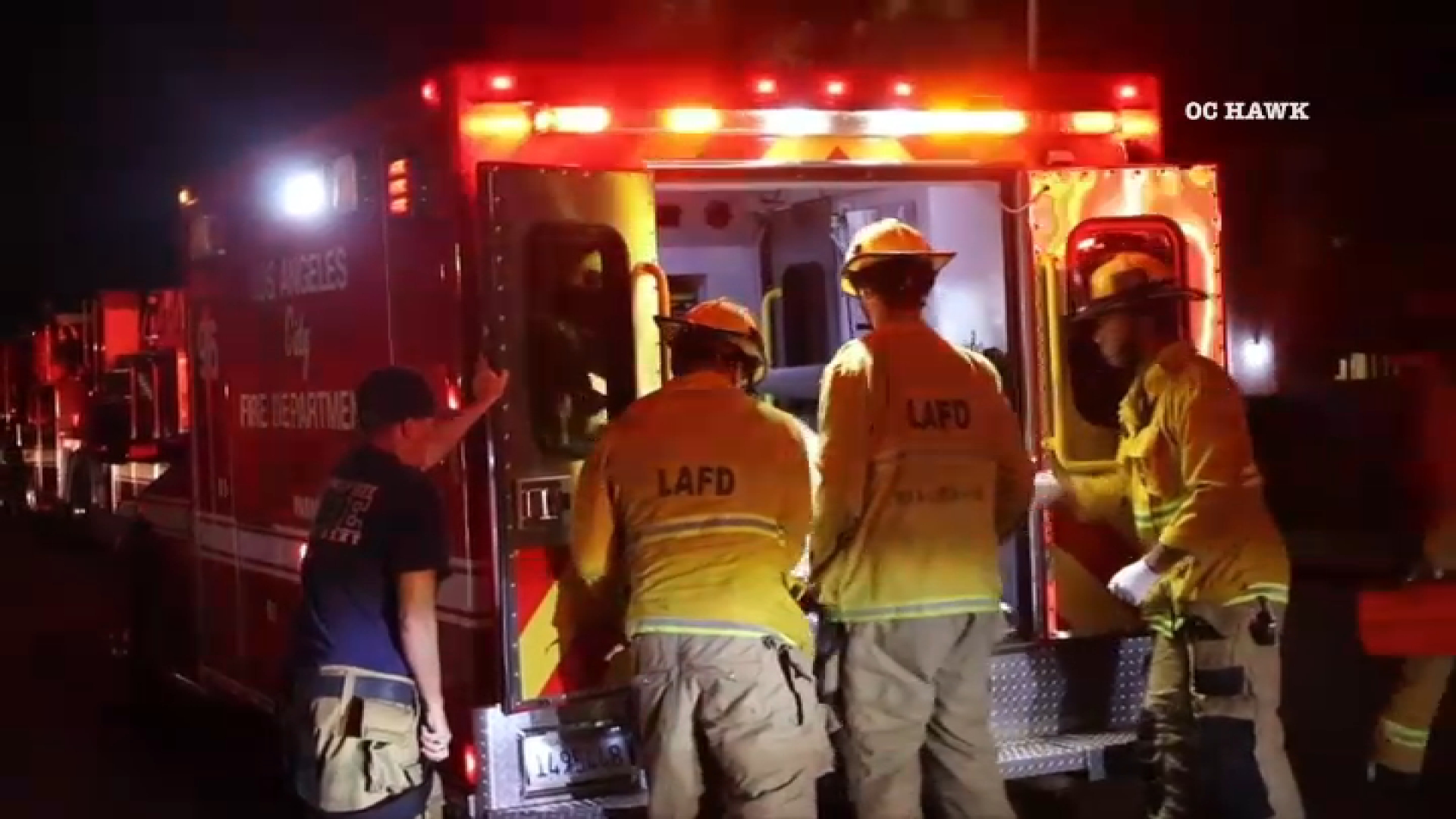
The city of Los Angeles dedicated an intersection in downtown this Monday in honor of attorney Willis O. Tyler, whose career included representing a Black police officer in a case challenging racially restrictive housing covenants.
George C. Fatheree III and fellow attorney George Mallory joined City Councilman Kevin de León during the 8 a.m. ceremony at Second and Spring Streets.
Fatheree was the leader of the team of attorneys who secured the return of Bruce's Beach to the descendants of Willa and Charles Bruce nearly a century after it had been taken by Manhattan Beach as a result of racial animus.
Tyler represented the Bruces in their unsuccessful legal action against Manhattan Beach after the city had seized the property in 1924 through eminent domain under the false pretense of developing a park.
Get top local stories in Southern California delivered to you every morning. Sign up for NBC LA's News Headlines newsletter.
Mallory heads the Los Angeles chapter of Sigma Pi Phi. Perry was among the founding members of the chapter of the post-graduate fraternity primarily for eminent Black professional men.
De León introduced the motion to designate the intersection near the site of Tyler's law office at 224 S. Spring St. in his honor, part of his efforts to honor individuals from historically underrepresented groups who have played significant roles in shaping Los Angeles.
Tyler represented H.L. Garrott, a Black police officer who had purchased a home for his family in South Los Angeles. A deed recorded for the property prohibited it being sold to any person of ``African, Chinese or Japanese descent.''
Local
Get Los Angeles's latest local news on crime, entertainment, weather, schools, COVID, cost of living and more. Here's your go-to source for today's LA news.
When the Title Guarantee & Trust Co. discovered that Garrott owned the property, it sued to force him to relinquish title to his property without compensation.
Tyler represented Garrott and argued in the 1919 case that the racially restrictive covenant violated the due process clause of the Constitution's 14th Amendment. A state appellate court ruled in Garrott's favor in Title Guarantee & Trust Company v. Garrott.
The U.S. Supreme Court outlawed racially restrictive covenants in the 1948 Missouri case Shelley v. Kraemer.
Tyler was born July 19, 1880, in Bloomington, Illinois. His father died in 1880 and his mother died when he was 9 years old, leaving Tyler to be raised by an aunt who had been a leader in the Bloomington station of the Underground Railroad, a network of secret routes and safe houses in the early to mid-19th century used by enslaved African Americans primarily to escape into free states and from there to Canada.
Tyler enrolled in Indiana University when he was 16, where he studied for two years before enlisting in 1898 in the Indiana Colored Volunteer Infantry to fight in Cuba in the Spanish American War. He received a bachelor's degree from Indiana University in 1902 and graduated from the Harvard Law School in 1908.
Tyler died June 18, 1949, at age 68 at his home in Harvard Heights after practicing law in Los Angeles for more than 35 years.



